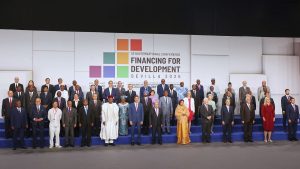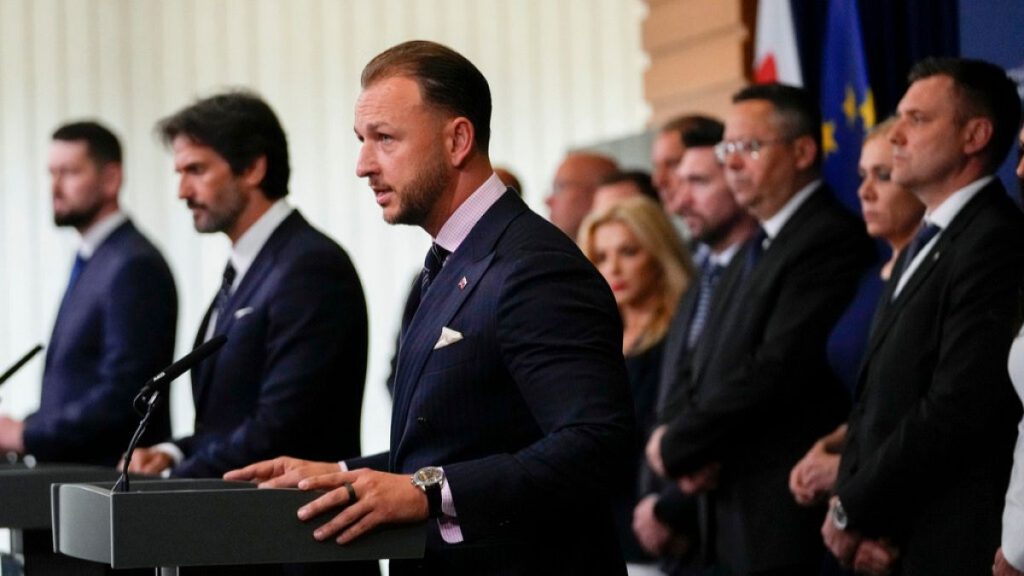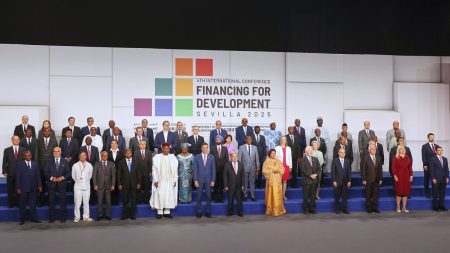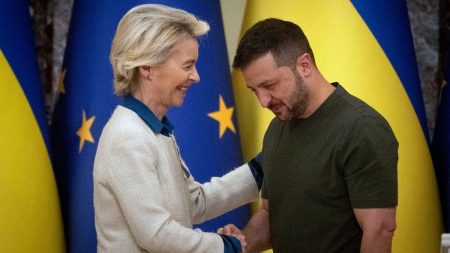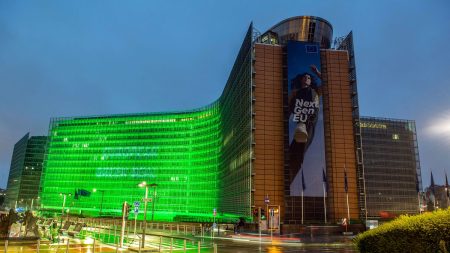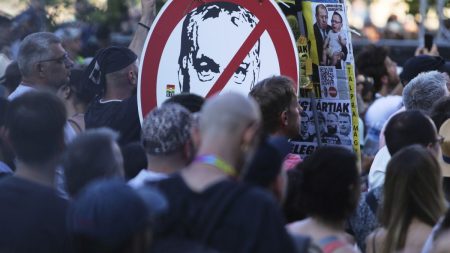Recent developments in Slovakia have raised alarms regarding potential hybrid attacks believed to be linked to Russian influence, as the Slovakian Intelligence Services announced the arrests of a Ukrainian national and a dual Slovakian-Hungarian citizen. During a press briefing, Pavol Gašpar, the chief of the Slovakian Intelligence Services, alongside Interior Minister Matus Sutaj Estok, revealed their involvement in plotting attacks on critical infrastructure within Slovakia as part of a broader investigation into an international network. While details about those detained remain limited, Gašpar emphasized a documented history of coordinated actions by individuals potentially threatening Slovakia’s security. Notably, one of the suspects is linked to bomb threats in both Slovakia and the neighboring Czech Republic.
In recent months, Slovakia and the Czech Republic have experienced a surge in bomb threats targeting various public properties, including schools and courts, which has resulted in widespread panic and evacuations. This uptick in threats has prompted concern over possible external involvement, with the head of the Czech secret service, Michal Koudelka, attributing these disturbances to a coordinated effort that incorporates actors from Russia, China, Iran, and North Korea. Koudelka explicitly stated that Russian involvement was evident in these threats, suggesting an orchestration of hybrid warfare tactics designed to destabilize the region. However, Gašpar refrained from corroborating Koudelka’s assertions, cautioning that attributing blame to either Russian or Ukrainian elements could be more politically motivated than based on verifiable evidence.
Concurrently, European nations have been grappling with various hybrid threats, underpinned by incidents such as the recent severing of a communication cable between Germany and Finland, which German Defense Minister Boris Pistorius labeled as an act of “sabotage” likely involving hybrid actors. Furthermore, a noticeable increase in cyberattacks and arson incidents across the EU has exacerbated tensions, with responsibilities for these events becoming complex as the Kremlin vehemently denies involvement. Despite these denials, NATO’s experts on cyber and hybrid threats have pointed towards Russia as being central to these increasing disturbances, framing them as part of a strategic campaign to interfere in European stability.
Against this backdrop, Slovakian Prime Minister Robert Fico has stirred controversy in European political circles due to his apparent tilt towards Moscow. He has been vocal about improving Slovakia’s relations with Russia, recently accepting an invitation from President Vladimir Putin to attend World War II commemorations in Moscow, while simultaneously halting military supplies to Ukraine. Fico has further stated his intention to block Ukraine’s NATO aspirations as long as he remains in office, eliciting concerns about his government’s foreign policy direction in an era of heightened geopolitical tension.
Adding to the intrigue, Fico’s administration has taken steps towards legal accountability by filing a criminal complaint against the previous government for their military assistance to Ukraine, including the donation of fighter jets. This action reflects a significant shift in Slovakia’s defense and foreign policy stance, paralleling broader trends across European governments reassessing their security postures in light of the ongoing conflict in Ukraine and its implications for regional stability.
As Europe confronts escalating threats attributed to hybrid warfare strategies, the situation in Slovakia underscores a complex interplay of national security, international relations, and political maneuvering. The recent arrests serve as a sobering reminder of the vulnerabilities within critical infrastructure and the challenges faced by intelligence communities in addressing multifaceted threats. As investigations continue and political dynamics evolve, Slovakia finds itself at a crossroads, navigating the delicate balance between internal security measures and external diplomatic engagements, particularly amid growing fears of Russian influence in the region.


